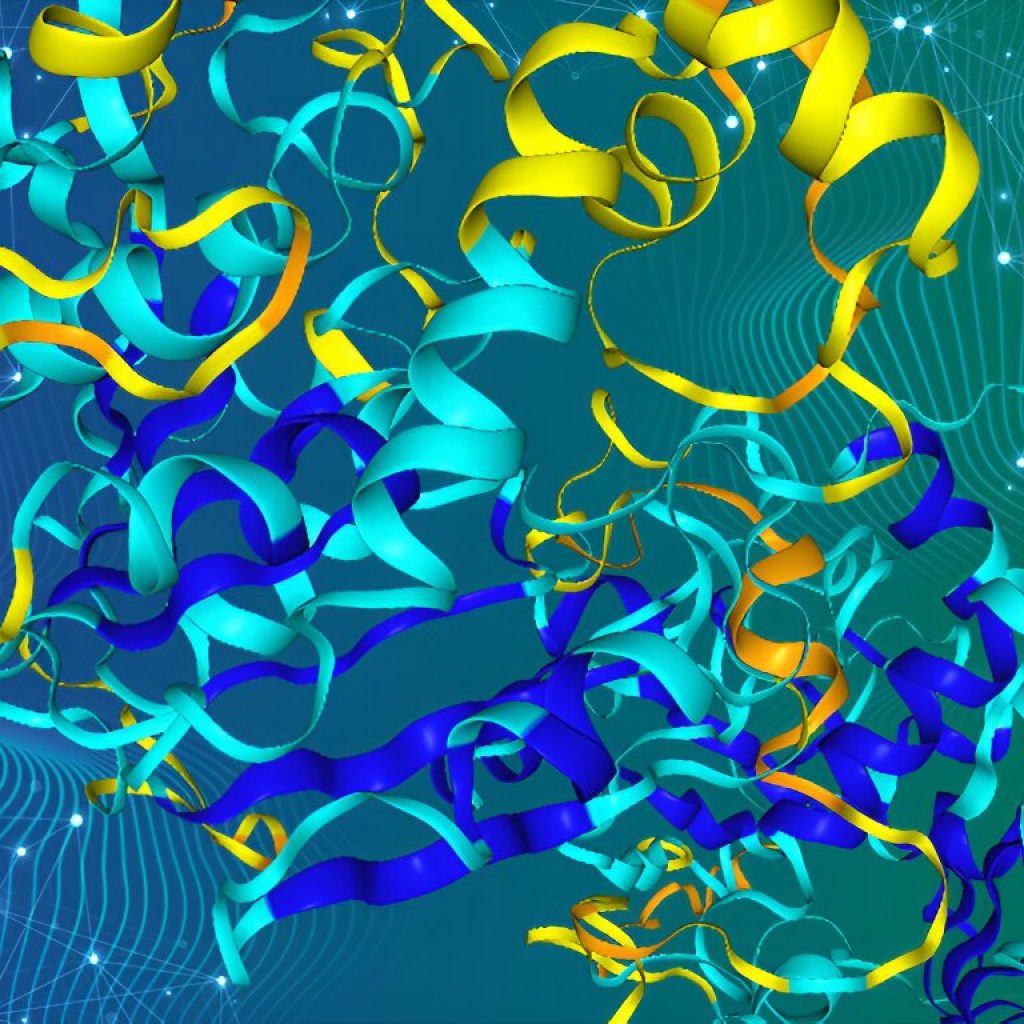While it’s true that AI is disrupting the job market by automating some existing tasks, it’s equally creating more new roles. The World Economic Forum published a report in August 2023 stating that artificial intelligence would create 97 million new jobs by 2025 while replacing around 85 million in the same period.
Of all the new jobs AI is expected to create, ethical governance roles are up there. These roles are crucial and in demand to the extent they transcend national boundaries.
But what’s the deal with ethical AI governance, and how can you position yourself for the wave of new opportunities it brings?
Ethical AI Governance is Crucial
AI systems, like any powerful tool, can have unintended consequences. Biases in training data can lead to discriminatory outcomes, lack of transparency can erode trust, and privacy violations can have serious repercussions.
In the coming years, AI will become more integrated into our lives and work, so it becomes paramount that AI systems are thoroughly audited and vetted during and after development to ensure safe, ethical and responsible use.
Thus, AI systems and ethical governance are intertwined and inseparable. As the capabilities and uses of AI continue to expand, the need for ethical governance roles to ensure responsible and safe use will remain highly sought-after.
Where to Position Yourself in the Ethical AI Governance Field?
Ethical AI governance is not a single role; it’s a multifaceted field that spans expertise in different areas like AI, ethics, law, policy, and human-computer interaction.
AI governance requires a unique blend of technical knowledge, legal understanding, ethical principles, and policy expertise. It involves an interdisciplinary approach that requires experts from different backgrounds, including computer science, law, philosophy, social sciences, and public policy.
Some specific job titles you might encounter in the ethical AI governance space:
- AI Ethicist: Analyzes the ethical implications of AI systems and develops guidelines for responsible development and use.
- AI Policy Analyst: Researches and develops policies and regulations for AI governance, considering legal, ethical, and social implications.
- AI Risk Manager: Identifies, assesses, and mitigates risks associated with AI systems, including bias, privacy violations, and security threats.
- AI Auditor: Conducts independent audits of AI systems to ensure they comply with ethical guidelines and regulations.
- Data Governance Specialist: Ensures responsible collection, storage, and use of data for AI development and deployment, adhering to privacy and security regulations.
As AI development progresses in the coming years, some specific job roles and required skill sets might change over time. However, individuals with backgrounds in philosophy, law, computer science, public policy, and social sciences are well-positioned to thrive in this field.





